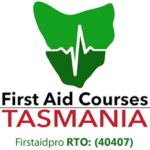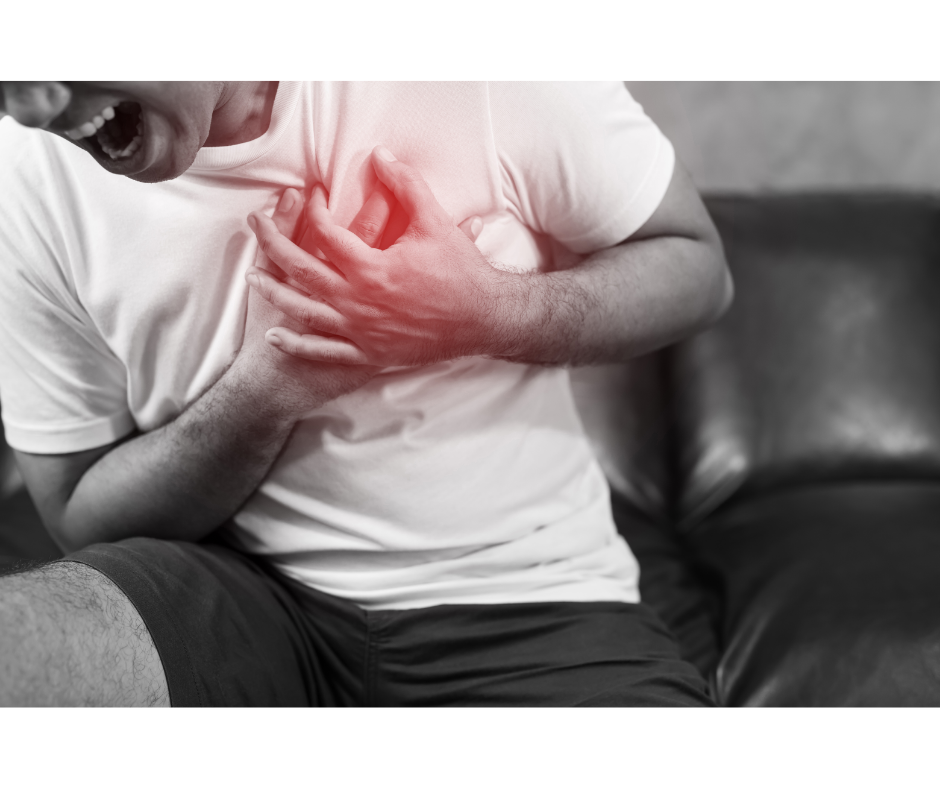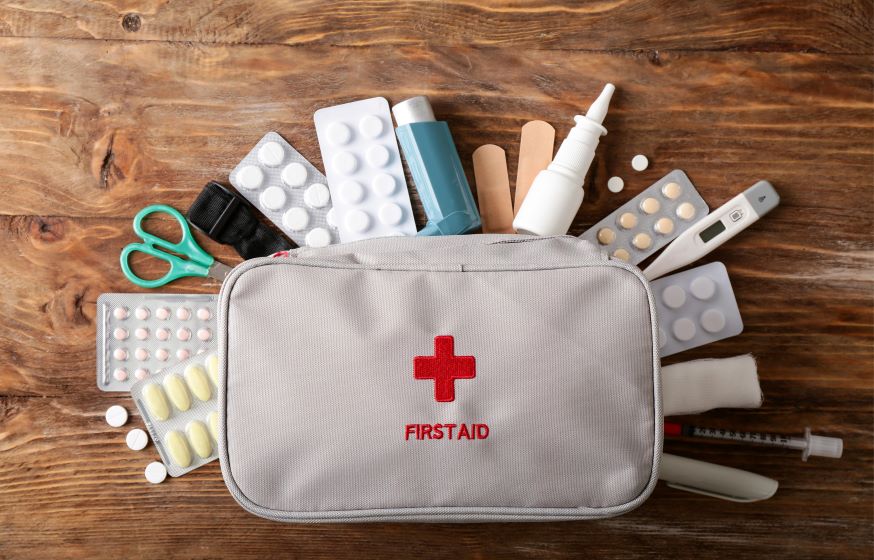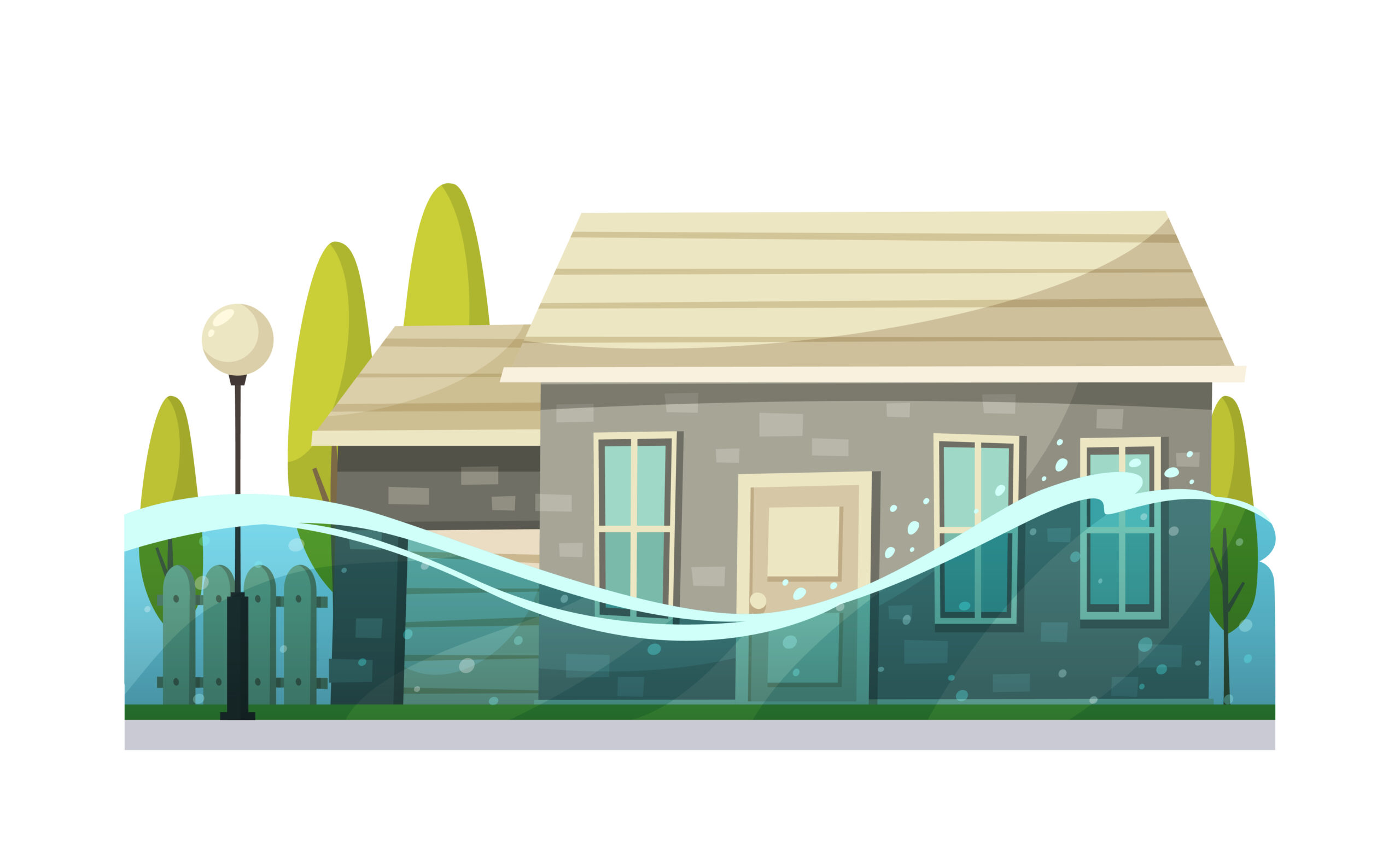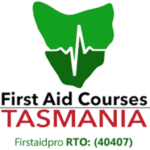Cardiovascular disease (CVD) is a general term that refers to a group of conditions affecting the heart or blood vessels.
Several health conditions, including age, lifestyle, and family history, can increase the risk of developing cardiovascular disease.
Some risk factors cannot be controlled. However, certain lifestyle changes can be made to lower the chances of having this disease.
Cardiovascular Disease Australia
Cardiovascular disease or CVD is a general term for heart and blood vessels disorders. It is one of Australia’s largest health problems, accounting for 26% of deaths or one in every four people.
On a positive note, the prevalence of CVD has been decreasing over the past years by approximately 80% since the 1980s. It is mainly because of the improvement in medications, first aid interventions, and early recognition of risk factors.
Regardless, cardiovascular disease remains one of the most prevalent diseases in Australia, claiming one life every 12 minutes,
A large percentage of CVD cases are males compared to females. While Aboriginal and Torres Strait Islander people and those who live in remote areas have high fatality rate than other Australians.
Most risk factors of this disease are preventable through healthy lifestyle changes.
Types Of CVD
There are four different types of CVD, including:
Coronary heart disease (CHD) – A condition that occurs when the flow of oxygen-rich blood to the heart muscle is blocked or reduced.
CHD can increase the strain on the heart, which eventually lead to angina, heart attacks, and heart failure.
Stroke – A disease where the blood supply to the part of the brain is cut off, resulting in brain damage and possibly death.
Peripheral arterial disease – A common circulatory problem that occurs when there is a blockage in the arteries to the limbs, usually in the legs or arms.
Aortic disease – one of the most common forms of cardiovascular disease where there is a disorder in the aorta (the main artery), which supplies blood from the heart.
Causes Of CVD
The exact cause of cardiovascular disease is not clear, but there are a lot of conditions that increase the risk of having one. These are called “risk factors.”
The main risk factors for CVD include the following:
- High blood pressure
- Smoking
- High cholesterol
- Diabetes
- Physical inactivity
- Being overweight (obesity)
Age, gender, and ethnicity are other factors increasing the risks of CVD.
Preventing CVD
The good news is that many things can reduce the chances of developing cardiovascular disease.
Stop Smoking
Smokers, especially chain-smokers, should try to give up the vice as soon as possible. Seek help from a doctor for any problems relating to stopping smoking.
Have A Balanced Diet
Incorporating a healthy balanced meal into the everyday diet is good for heart health.
A balanced diet includes foods with low levels of saturated fat, salt, and sugar. Pick from plenty of available healthy choices such as whole grain and high-fibre foods, fruits, vegetables, etc.
Exercise Regularly
Experts recommend at least 150 minutes of moderate activity every week for adults, such as cycling or brisk walking.
For people having trouble doing these activities, try different workouts and start at a comfortable level. Increase the duration and intensity of the exercise over time as the fitness level improves.
Visit a health professional for a physical check-up before starting any fitness programs.
Maintain A Healthy Weight
A combination of a healthy diet and regular physical activity help lose weight in overweight or obese individuals. Aim to get BMI in a healthy range.
Cut Down On Alcohol
Follow the recommended limit of alcohol units for men and women. For regular drinkers, aim to schedule the drinking over five days or more.
Get some tips from a doctor on cutting down or stopping alcohol drinking.
Medication
The doctor will provide a list of prescribed medications to people who have a particularly high risk of developing CVD.
These medications help decrease low cholesterol levels, prevent blood clots, and reduce high blood pressure.
Learn First Aid For Cardiovascular Emergencies
Get the latest information in treating cardiovascular disease and other health emergencies in a first aid course.
Taking a first aid and CPR course is the best way to learn effective practical skills and can help save lives.
